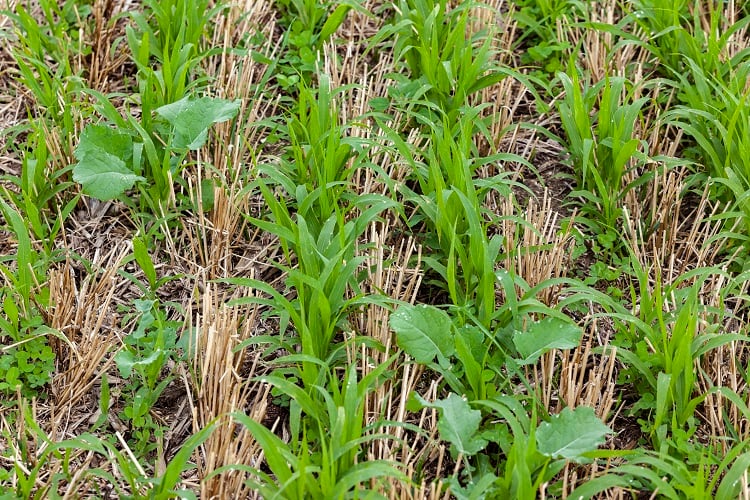Hot on the heels of the announcement that six innovation hubs will explore the connection between diet and health, this hub will allow private companies and academics to work together to research the best way of improving the UK’s alternative proteins sectors.
The Alternative Proteins Innovation and Knowledge Centre, which is funded by Biotechnical and Biological Sciences Research Council (BBSRC) and Innovate UK, will ‘ensure the UK capitalises on its cutting-edge research and innovation potential’, according to the funders themselves.
The hub will focus on both emerging technologies and cutting-edge research in the sector. It comes as a recent report from the Good Food Institute Europe (GFI Europe) spelled out the need for the UK to invest more in sustainable protein innovations to keep up with competitors such as the US and Israel.
The hub will explore a range of sectors across alternative proteins, including fermentation systems for algal, bacterial or fungal fermentation; novel aquaculture systems; plant-based proteins; cultivated meat; and even emerging alternative protein sectors such as edible insects and seaweed cultivation.
Areas of focus
The research has a range of possible focus areas, suggested by UK Research and Innovation. These include inputs, ingredients and feedstocks, processing and packaging, final product development and even best practice. None of the focuses are set in stone, but all have the potential to be explored.
For example, research into ingredients and inputs may focus on the functionality of different proteins, their environmental impact, and the ways in which their quality and consistency can be enhanced.
Research on processing and packaging could focus on how to upscale alternative protein production, increasing yields and decreasing production costs. It could also focus on making the process more circular and utilising waste streams.
Final product development could focus on the taste, texture, appearance and nutritional profile of alternative proteins, as well as improving the safety of these products.
Finally, research into best practice could involve looking into important information regulators may need to know about these emerging industries, and exploring what impact a shift towards alternative proteins could have on traditional industries and the rural economy.
Applications are currently open for research institutions willing to collaborate with industry and business, as well as UK-based businesses themselves.
“It’s great to see the UK investing in essential research that will make sustainable options delicious, affordable and accessible – and position the country as a global leader in this burgeoning field,” said Dr Stella Child, Research and Grants Manager at the GFI Europe.
“This is exactly the kind of investment our recent report called for. To maximise the potential of this groundbreaking new research centre, the government must also step up policy efforts in other areas like regulation to develop a thriving sustainable protein sector.”





